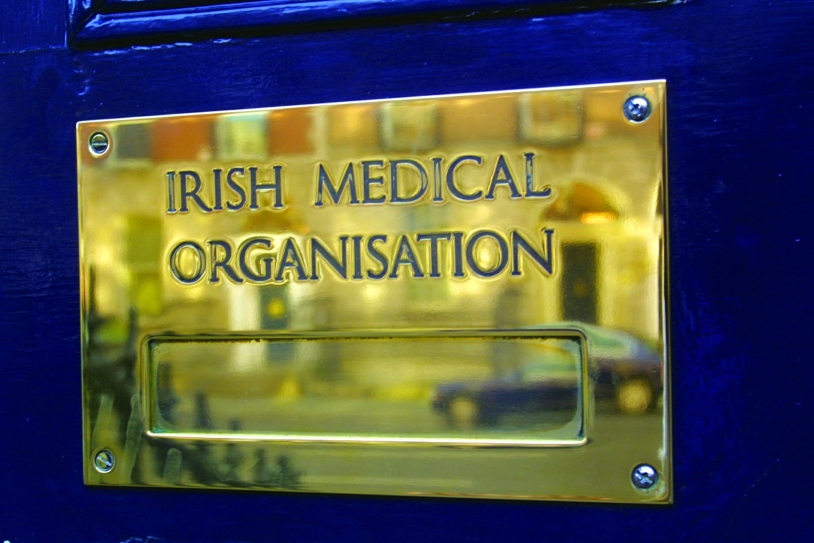Diabetic RetinaScreen (DRS), the National Diabetic Retinal Screening Programme, is introducing at two-yearly screening pathway for screening participants who are deemed eligible. The new pathway has received approval from the Minister for Health, Stephen Donnelly, and will operate from 16 February 2021.
Until now, DRS has invited programme participants for diabetic retinal screening once a year. This will now change to a two-yearly appointment for people who fulfil certain criteria. If a person has received a result of ‘no retinopathy’ from their previous two screenings, their next DRS screening invitation will be two years from the time of their last screen. The new pathway will reduce the number of screening appointments and reduce unnecessary clinic visits and examinations. Other countries that offer two-yearly screening intervals include Canada, Denmark, Finland, Iceland and Scotland.
Professor David Keegan, Clinical Director of Diabetic RetinaScreen said: “International evidence shows that if a person has two consecutive results of ‘no retinopathy’, it is safe for them to attend their screening appointment every two years. People who have had two consecutive results of ‘no retinopathy’ have been found to be at very low risk of progressing to retinopathy between screens.”
If a person is suitable to avail of a two-yearly screening, DRS will let them know. They will then be invited for screening every two years. Then, if their next screening results detect retinopathy, they will be returned to annual screening or referred for treatment.
Prof Keegan said: “It is important that people who have diabetes continue to attend for their screening test when they are invited. And if a person has sight loss, they should not wait to receive an invitation from DRS. They should contact their GP, eye doctor or optician immediately for advice. When the condition is caught early, treatment is effective at reducing or preventing damage to sight.”
Minister Donnelly, has welcomed the implementation of the two-yearly screening pathway for those participants who are deemed eligible. The Minister said:
“I was happy to approve this recommendation from the National Screening Advisory Committee (NSAC), following their rigorous and independent assessment of the evidence in line with international best practice.
“I also wish to acknowledge the important work undertaken by HIQA in supporting the NSAC in reviewing the evidence for this decision.
“This latest recommendation builds on the important work already carried out by the NSAC since its establishment just over a year ago.
“I am confident that the independence and expertise the NSAC brings to our decision-making will ensure that our population-based screening programmes, or indeed any new screening programmes, are in line with international best practice and evidence.
“I commend the Diabetic RetinaScreen Programme for their swift implementation of the new pathway, and I am delighted to mark the occasion with them today. I also commend the importance being given to communicating the changes to the public and people with diabetes. It is important we maintain uptake of, and confidence in, our screening programmes as they play a valuable role in the health and wellbeing of our population.”
Professor Niall O’Higgins, Chair of the National Screening Advisory Committee (NSAC), acknowledged the implementation of the new pathway. Prof O’Higgins said:
“The National Screening Advisory Committee (NSAC) is an independent advisory committee that advises the Minister for Health on all new proposals for population-based screening programmes and revisions to existing programmes, in line with international best practice.
“The NSAC considered and approved a formal application from the Diabetic RetinaScreen Programme to extend the interval between screens from 1 to 2 years for people with diabetes who are at low risk of developing sight-threatening diabetic retinopathy, and recommended to the Minister that he approve the modification to the Programme.
“I would like to acknowledge the valuable support given to the NSAC by HIQA in reviewing and analysing the evidence and assisting us in reaching the decision to recommend the change.
“In making this recommendation, the NSAC also highlighted the importance of communicating and reassuring eligible participants of the changes, and I am pleased to see the early implementation by the Diabetic RetinaScreen Programme of the new pathway.”













Leave a Reply
You must be logged in to post a comment.